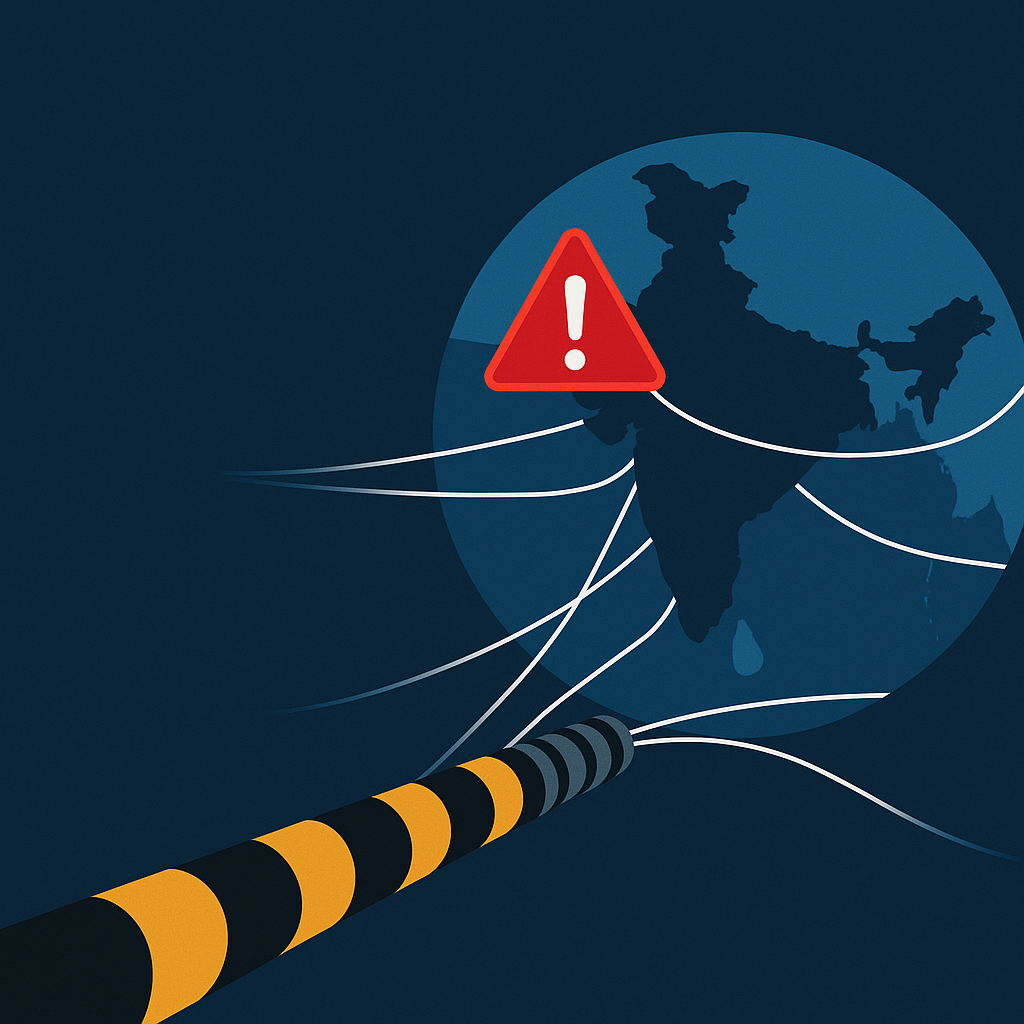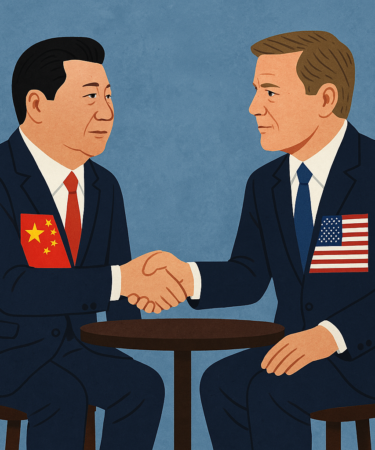Thirty one years—in the timeline of nation-building—certainly do not define a life time. Indeed, Mizoram Accord completed 31 years on 30 June 2017.

Kim Jong Un Bets Trump is Bluffing on War (Part I of II)
If the notion of doctrine—in the discourse of state action—were to lend itself to holistic appraisal, then it would not emerge merely as a belief system that is established on the basis of authority. A state-sponsored doctrine comes to the fore when there is a correct understanding of the universe of discourse in which a state stations itself, its perception of threat to the discourse, which propels it to continued nationhood, and a clearly defined manner in which it seeks to both fortify itself and respond to threats.

Warlordism & Terror Finance: North East and Bangladesh
One of the measures that were expected to provide thrust to the “Act East” policy was the reopening of the historic Stilwell Road that had linked North East India to China through northern Myanmar during World War II. Constructed under the guidance of an American commander, General Joseph Stilwell, after whom it was christened, the 1079 km long road was meant to ferry military supplies to aid the war efforts of the Chinese leader, Chiang Kai-shek against the Japanese.

Revisiting the Mizoram Accord
The realms of satellite imagery always take you behind in the time machine to understand what happened yesterday. While surfing on Google Earth, the author chanced upon some Chinese ships in Colombo. There were two ships: one was Type 905 auxiliary oil replenishment ship and the other was Type 53H3 frigate. The missing pennant number on stern of the frigate and retractable hangar on the stern of the oiler were convincing giveaways.

Anti-Terror Doctrine: An Analysis
Increasingly, funding is coming from individuals in Middle East, many of whom are connected to North Korean cash supply chains through individuals linked to GHQ Rawalpindi.

Stillborn Pangs of Stilwell Road
Standard portrayal of the North East has been that it is India’s periphery. Indeed, geography and to an extent socio-cultural realities have consigned it to the fringe of not only India’s nation-building enterprise, but also to the backwaters of the country’s collective consciousness. But the reality is that the region is not India’s periphery.

Pakistan-Sri Lanka Naval Cooperation
An important aspect that New Delhi must bear in mind when it enters into a ceasefire agreement with insurgent groups is that unresolved ceasefires over long durations could witness the emergence of an “over ground movement” with an anti-India agenda.

GHQ Assists Kim Jong Un to Ignore U.N. Sanctions
National security in the context of the North East cannot confine itself to only the myriad insurgencies that dot its variegated landscape. It must take into account the strategic encirclement that the region is heir to. Surrounded by China, Myanmar, Bangladesh, Bhutan and Nepal (the erstwhile Himalayan kingdom is placed a little afield, near the Siliguri corridor). 88 percent of the North East’s boundaries are international, with only 12 percent connecting it to mainland India. The borders in the North East must, therefore, lend itself to robust management.

North East Security Council: The Need of the Hour
Reticent corners of the universe seldom come to light, unobtrusively concealing themselves from gaze and assay. The uncharted neuronal caverns of the brain of Homo sapiens, heir to countless stealth space, are among such quarters. The human brain is, after all, the most sophisticated objet d’art that creation has shaped. Nature ascertains that the behavioural patterns fractionate along genetic boundaries. Nurture—especially if it suits the sapient architecture that nature has fashioned—encourages the innateness.

Designated Camps in the North East: Need for a Rethink
It is not immediately known whether Carl von Clausewitz (Born: 1780), the Prussian General and author of the redoubtable treatise On War was influenced by Sun Tzu, the 544 BC Chinese general and philosopher, but a close reading of both their works would seem to entail that despite the apparent differences in their philosophies pertaining to warfare, there exists certain inherent convergences.









